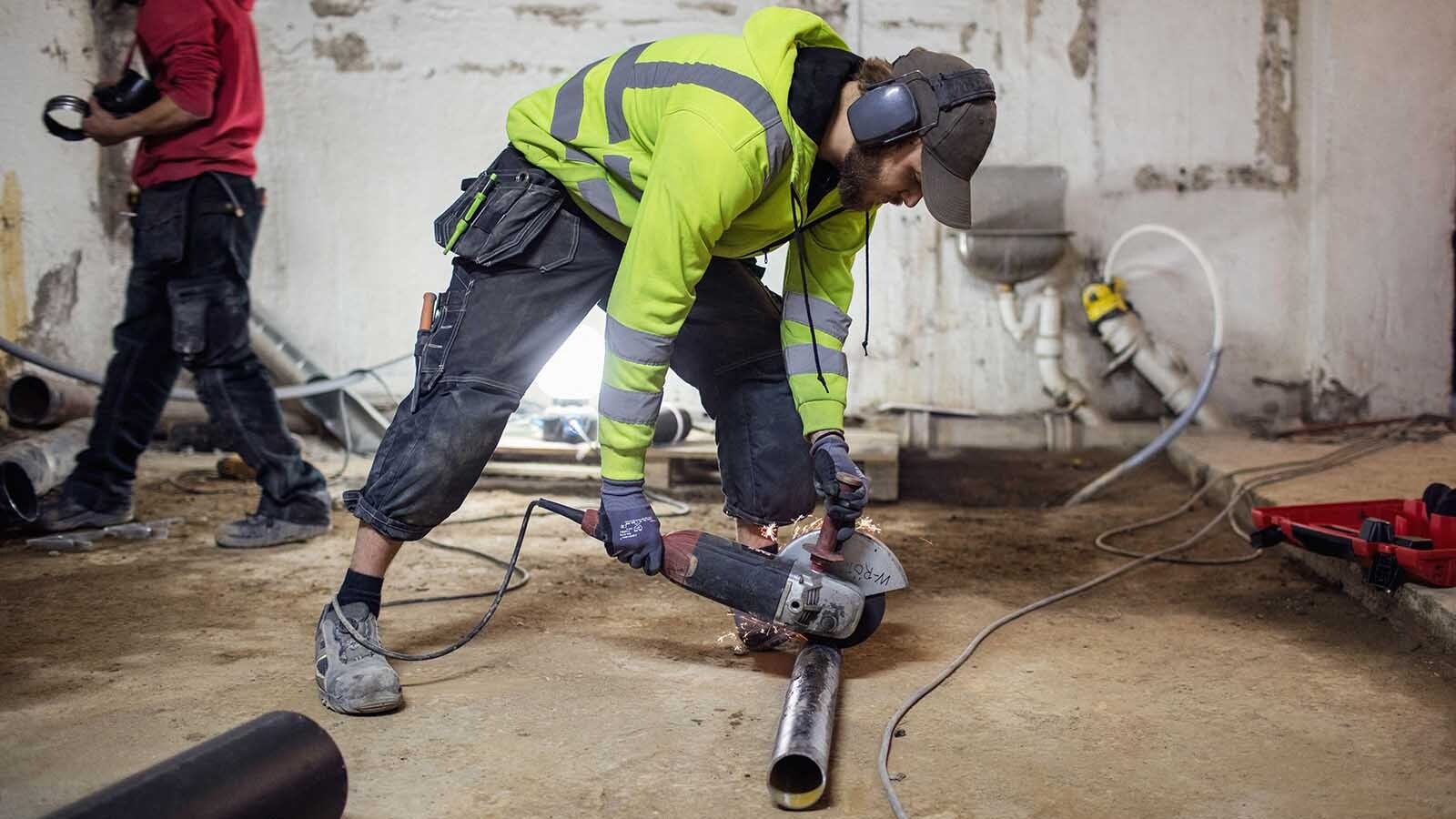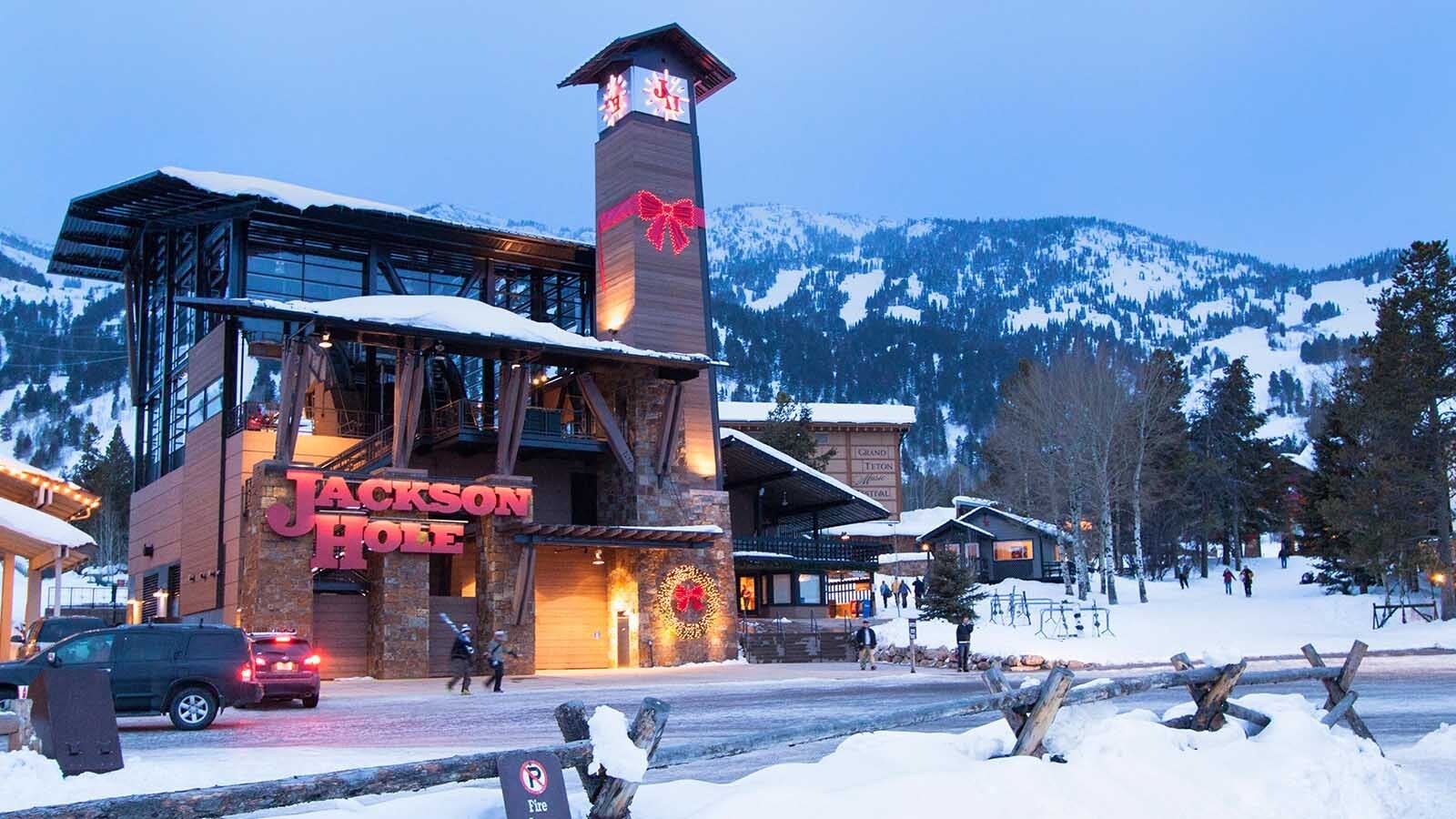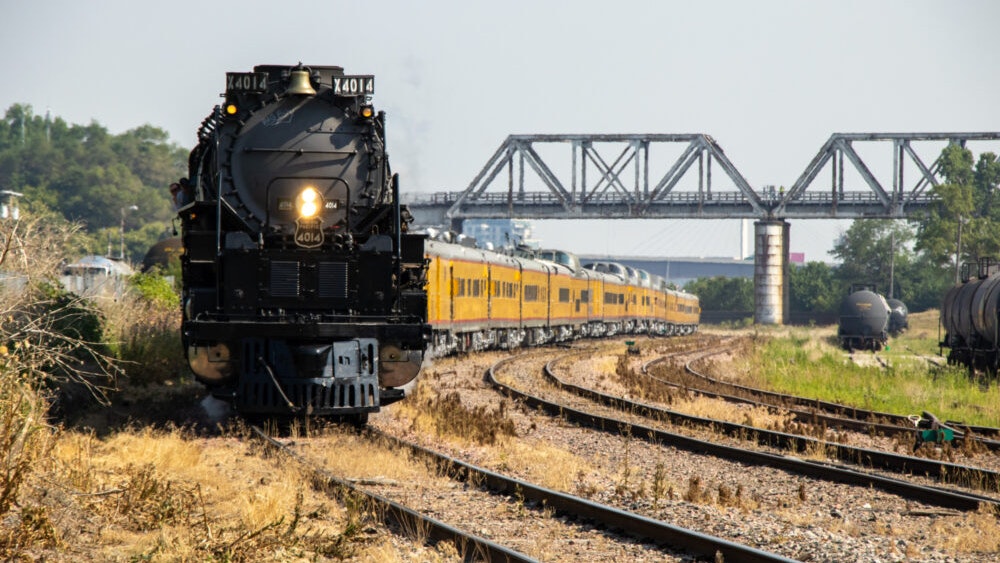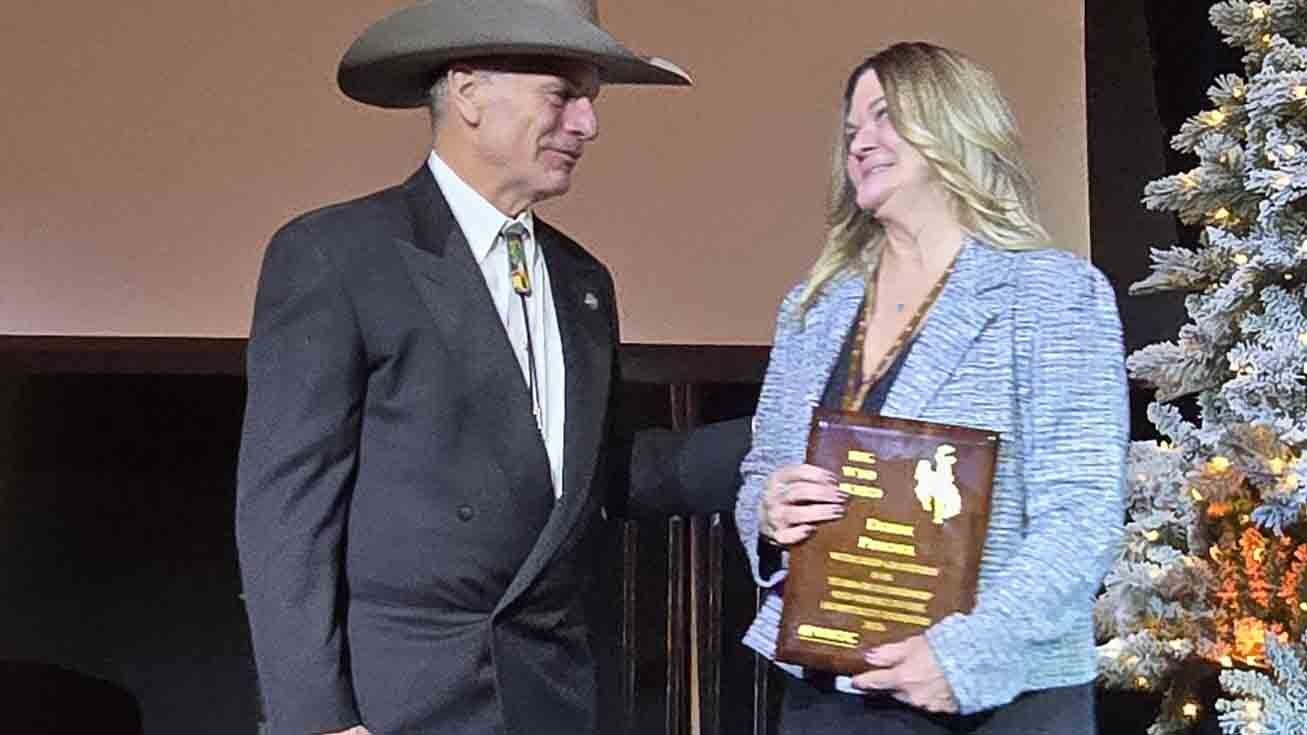A 362,000-square-foot mega hotel proposal for downtown Jackson was made possible by changes to the city’s zoning laws that were approved in 2016. But the massive project is far beyond what the town ever imagined, say two former members who were on the Jackson Town Council at the time.
Jim Stanford, who was a member of the Jackson Town Council in 2015-16 when the changes were approved, and Sara Flitner, who was mayor, both told Cowboy State Daily that the sheer size of the 362,000-square-foot hotel development proposed by Mogul Capital in Jackson exceeds anything either had thought possible.
The Jackson council has continued a decision on the hotel to its June 3 meeting amid calls for a moratorium on further projects so that zoning laws can be changed to prevent any other such huge developments.
“There was a lengthy and comprehensive public process — including ordinary citizens, advocacy groups, various stakeholders — that produced the land development regulations for the zoning,” Stanford told Cowboy State Daily in an email. “I don’t believe the possibility of such a massive development was contemplated at the time, nor was it ever presented to the council.”
The zoning rules approved in 2015-2016 took about eight years to draft, Flitner said, and began prior to her two-year term as Jackson’s mayor.
“I don’t want to sound like I wasn’t there when the vote was cast, because I was,” she said. “But I am completely aghast at what’s playing out on the ground, and I think it’s wrong.”
Flitner is glad a decision on the proposed hotel was continued.
“Now we have an opportunity to pause and really look at what is happening and how the regulations are playing out,” she said. “And we can ask ourselves as a community if this is what we want, is this sustainable.”
Why Mogul’s Proposed Hotel Is So Massive
Cowboy State Daily reached out to Mogul Capital founder Brad Wagstaff to talk about the development, but he did not respond to either text or phone messages.
According to Jackson planning and development records, Mogul’s 42-foot-tall hotel would cover an entire city block — 11 lots over 2.75 acres.
The drawing board shows 171 hotel rooms, as well as restaurants and retail stores, bars and a spa, fitness center and rooftop deck, and hotel-related office and meeting space, according to a presentation made last week to the Jackson Town Council.
The plan also includes what Wagstaff described as both affordable and market housing, which he says will more than offset the jobs created by the development.
The affordable housing, part of a 194-unit apartment complex, will be built on South Park Loop Road ahead of the hotel. Thirty-six condos would also be part of the hotel development in downtown Jackson, with 10 condos on the second floor and 26 on the third.
Critics of the proposed hotel and condo project that borders North Cache and Glenwood streets feel the development will redefine Jackson’s northern entrance and destroy the town’s character.
They also don’t believe claims that the affordable housing at South Park Loop will truly compensate for all the additional jobs the development creates, and there are questions about the remediation of a benzene plume at the site, which also has a near-to-surface aquifer.

Meant To Refresh Downtown Jackson
The changes to Jackson’s zoning laws in 2016 were a topic of discussion well before the 2008 recession, Flitner said.
“It was a very different time, and I was not in office then,” she said. “There was a desire to update downtown, to look at inventory that was sort of tired and needed some attention, and try to find ways to encourage that.”
In the midst of that discussion, though, a housing bubble collapsed, touching off a wave of defaults on risky loans that led up to the 2008 recession.
That added steam to the discussion.
“That really did take the wind out of sails everywhere, including Jackson,” Flitner said. “A lot of businesses went under, certainly people were upside down with their mortgages. And I think, again, assuming positive intent, there was a desire to protect everyone’s interests. You can kind of trace out how people thought, ‘Well goodness, they never saw that crash happening and it did.’”
With the Mogul hotel proposal being continued, Flitner hopes there will be a larger public discussion about what such a large hotel means for Jackson.
“We’re acting like a full block of a hotel development doesn’t have impact on other — you know there’s so many issues, transportation, schools, the employment base. There’s just issue after issue,” she said. “And we all tend to minimize our ability to stand up and say, ‘Wait a minute, this is not working out the way we had hoped. Could we pause and look at what options there might be to protect the community character, and the local families who are working really hard, sometimes two and three jobs, to stay here.’”
Jackson needs teachers, nurses, police officers in the community, as well as all the other people who fill the jobs that make a city run, Flitner said.
“At some point, we’ve got to look at the footprint that we have on the ground and ask, ‘If we don’t have unlimited space, then how are we using the space we have, and is it sustaining balance in the community or not?’” she said. “A block of commercial property is doing none of those things. It’s exacerbating pain points.”
Not Just Gentrification, Super-Gentrification
Flitner said that if she were still on Jackson Town Council, she would oppose vacating the alley that Mogul Capital has requested in its initial sketch drawings of the plan.
That is the position Jackson councilmember Jessica Sell Chambers is taking.
“To some extent, I’m not opposed to the project,” she said. “But only because I think, legally, we have no standing to fully oppose it.”
But that doesn’t extend to the alley between properties, Chambers said, and she views Mogul’s sketch plans that assume vacating the alley as “quite a large assumption.”
She also sees the affordable housing carrots as something of a smoke-and-mirrors game.
“We’re allowing all these projects to go through with the promise of improving the community, but all we tend to be doing is making the community more accessible for wealthier individuals,” she said. “And that’s my fear is that we’re going to continue all these little decisions to make Jackson more expensive. Make it more appealing to wealthier folks.”
Given that, Chambers feels that vacating the alley to create a more beautiful project is “nonsensical.”
“The people who will end up using that space if it’s privatized are people who can afford to pay the hotel prices, and people in the community who can afford to pay the price of drinks and food,” she said. “It’s not going to be a place for the average person to congregate.”
That’s what she’s seen with the Cloud Veil hotel, which one of Mogul Capital’s attorneys pointed to as an example, Chambers said.
“That’s not a gathering place for working people,” she said. “It’s a gathering place of hotel guests, like, not necessarily the highest income levels, but people who have significant means to go and dine at the restaurant or hang out in the hotel lobby.”
It’s not just gentrification at this point in Jackson, she added.
“It’s super gentrification,” she said. “We’re basically just paving the way for us to become more like Aspen, with Gucci stores and all the other upscale shops.”
That’s raising the price point for commercial rent, too, in an upward cycle that she sees pushing out longtime family-owned businesses in Jackson.

Benzene Plume Raises Questions
Part of Mogul Hotel’s proposal involves cleaning up a benzene plume that exists at the site, which used to be a Texaco gas station, and also had a string of maintenance shops there at one time.
Kevin Regan, law and policy adviser for Protect Our Water Jackson Hole, told Cowboy State Daily the project is concerning for groundwater safety.
“A lot of our concerns are the fact that Mogul has proposed to build an underground parking garage that’s about 20 feet down, and, in that area, the water table is about 2 to 8 feet,” he said. “The water table is very close to the surface.”
In a 2017 geotechnical report about the project, Regan said it’s clear that groundwater will be taken away from the site during construction.
“Basically, it’s saying there could be as much as 3,800 gallons per minute,” Regan said. “So real rough math, you’re talking about potentially 4 million to 10 million gallons a day getting pumped away from the site.”
Regan likened the pumping action to a straw, drawing water from all around the area. But this is an area that also has benzene.
“Even if there wasn’t benzene there, there’s concerns about what’s going to happen to that water from the pumping,” Regan said. “Is it going to get pumped into surface water? Is it going to get reintroduced into the aquifer?”
Regan said those are details his organization wants to know more about. Until answers are provided, his organization recommends pumping the brakes on the development and denying the sketch plan.
Mogul plans to remediate the site, and has been been talking to DEQ for seven years, Regan said. “But they didn’t really share much about that.”
Regan believes that the dewatering that will take place during construction likely has to continue for the long-term life of the building.
“Basically, it’s building a big underground parking garage smack dab in the middle of the aquifer,” he said. “So, it’s a little unusual.
“Remediation can be a very good thing, but there’s this big picture question about how it’s going to interact with the hydrology, the quantity of the water, and the water quality. And the stakes are high, because it’s the aquifer that we all drink from out here, and it’s also part of the Flat Creek watershed.”
Renée Jean can be reached at renee@cowboystatedaily.com.





